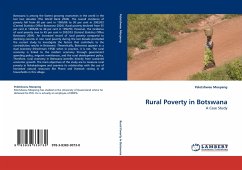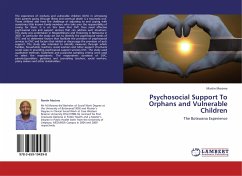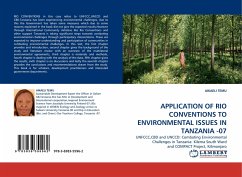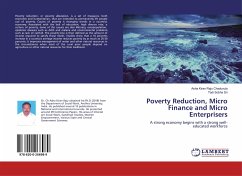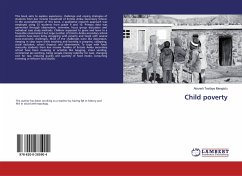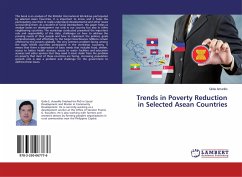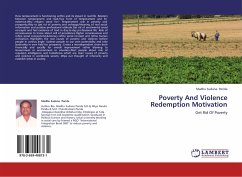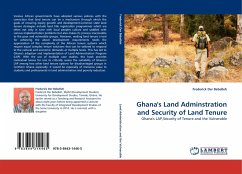Botswana is among the fastest growing economies in the world in the last two decades (The World Bank 2006). The overall incidence of poverty fell from 60 per cent in 1985/86 to 30 per cent in 2002/03 (Central Statistics Office Botswana 2004). Rural poverty declined from 55 per cent in 1985/86 to 40 per cent in 1992/93. However, the incidence of rural poverty rose to 45 per cent in 2002/03 (Central Statistics Office Botswana 2004). An increased record of rural poverty compared to declining records in non rural poverty during the last decade prompted the current study to investigate the factors that contribute to the contradictory results in Botswana. Theoretically, Botswana appears as a dual economy (Hirschman 1958) when in practice, it is not. The rural economy is linked to the modern economy through government spending policy, migrant remittances, and the rural development policy. Therefore, rural economy in Botswana benefits directly from sustained economic growth. The main objectives of the study are to measure rural poverty in Nshakazhogwe and examine its relationship with the use of harvested natural resources like Phane and livestock raising in all households in this village.
Bitte wählen Sie Ihr Anliegen aus.
Rechnungen
Retourenschein anfordern
Bestellstatus
Storno

